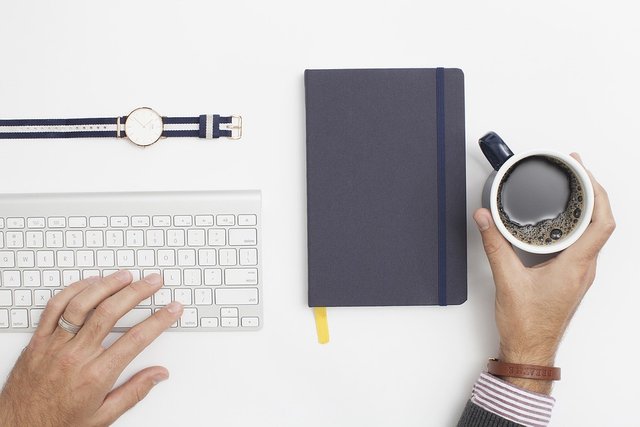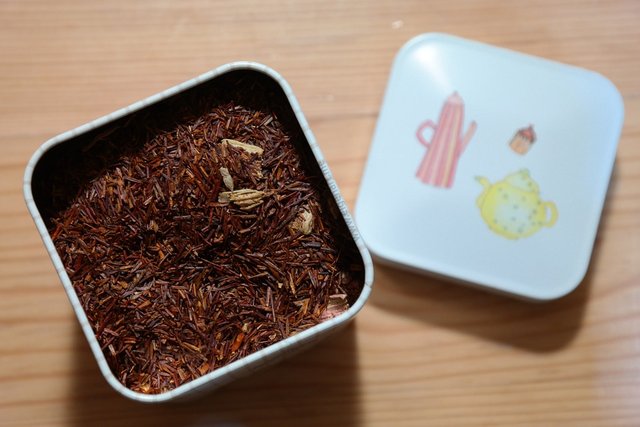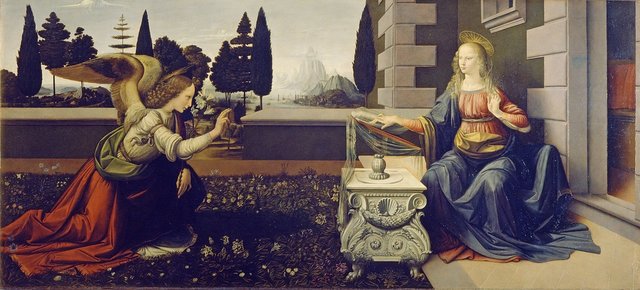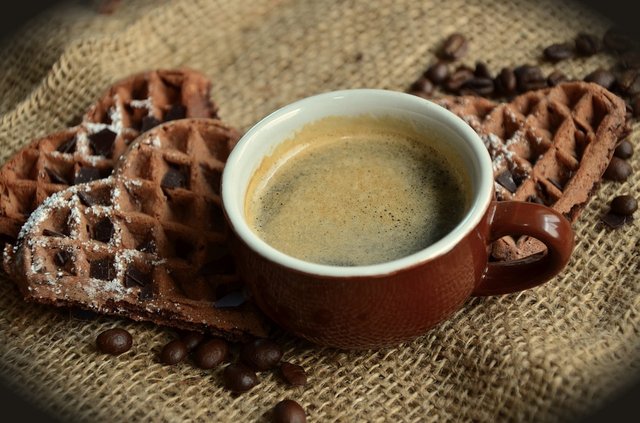Pumped up - What does coffee do to your brain?
Even the sleepiest narcoleptic is familiarized with coffee, that infusion as versatile as a presidential candidate during elections time. They are everywhere, business meetings, friends' hangouts, on top of the table next to some books, while chatting with our relatives and slapping my face from the cup since early in the morning. Like the local Mate, but without bombilla, or Uruguayan-Argentine arguments about the origin, or to which side is the serving run going, neither the classic complain: "You still didn't give me a single Mate dude!".

My mind's random thoughts
Despite that this wakefulness elixir looks so daily, in my country, Argentina, it is not so usually consumed as in other parts of the world. As a matter of fact, irrelevant trivia, we are right below Uruguay at the consumption per capita rankings. Still, we've nothing to envy from that Independent Province of ours (That's an Argentine-Uruguayan horseplay joke right there). After all, who needs a truly secular country with public control of, what in other places of earth is called, "illegal substances" and decriminalization of abortion based on scientific evidence? I'm sorry, I lost focus, that reminds me... We were talking about coffee.
Phenomena as universal as coffee consumption are, ate least, curious; always worthy of a small trip to the past to check where the story comes from. Today the main overdose of energy to keep us awake comes from that dark, blurry infusion that is our main contemporary source of caffeine, it wasn't always like this.. There's a bunch of plants that contain caffeine and probably caffeine dependence's history (lets consider such thing real, for now) did start with some plant, other than the Coffea canephora/arabica. Plants like tea, yerba mate, cacao and guaraná are the common representatives of such. It is not wild to believe that the discovery of this substance, as anything we consume today, was something like:
-Dammit, I'm bored, I'm hungry. Look at that plant, is it edible?
-I doubt it, but maybe it'd give you a nice trip.
Sometimes they nurtured, others they got high; and for sure, many others they better not even mention the effects (nobody is proud of mentioning how they were shitting themselves for hours after chewing an unknown leaf). Sometimes, they must've found out that after chewing certain leaves, they no longer felt jaded, and had a temporary "wellness" feeling. How would this do in a protolettuce and cuasitomato salad? What if we cook it with boiling water? Should we try to smoke it?

A bit of history
The registered story that talks about coffee is rather recent compared to the one about tea. The legend tell us that a sunny day of 3000 BC, as dragons roamed the sky of ancient China, and emperor was taking a sunbath as his slaves were heating some water. Suddenly, a perfect Autumn breeze made some leaves fly off their branches, they glided, softly until one fell into the pot full of hot water, the scent was so nice that the Emperor was pleased by it. After that, you know how the story follows, he probably whipped one of the slaves for not putting a lid to the pot. (It is a legend, I may tell it however I like).
We've a bit more research about coffee. A couple of centuries ago, Kaldi the (legendary) Ethiopian observed that his goats were eating the grains off a plant and that they were acting crazy after that. Obviously, as any of us would do with any potential intoxicating plant, he tried the grains too. That year, he harvested all his crops, his neighbor's and half of the crops of the nearby town. Later he gave some coffee to the neighborhood's monastery and they created a hot beverage out of it, they were grateful: Because now they had a way to stay awake during the Mass (true story). Then the trend moved East and the Arabic Peninsula became a trending topic.

Rise to popularity!
Coffee was not just a mere breakfast thing or social home beverage. During the time that Da Vinci was anatomist, architect, engineer, painter, housekeeper, dog walker and pole dance teacher, at the pacific Near East, the first cuasiCoffeeShops started working, they really had a lot of costumers. Just like Starbucks, but with less overly sweet smiles, unmeasured, redundant. The best about these places is that they became a location where people would listen music, play chess and exchange information. They were called "Wisdom houses". From there, it leaped to Europe, where it became really popular; after that, Imperialism did the rest.
How and why to drink coffee
Now, we do not need to be historians to understand the success coffee had. sleeping is great, even necessary for the proper performance of our bodies and brain, yet who didn't ever think that 8 hours wasted sleeping is a lot of time?time you're not enjoying life, or doing things. Bed, do not hate me please, I Love You, but I also love being alive. When we drink coffee, or any other beverage that contains caffeine, this substance is absorbed and circulates until it reaches the brain. To understand why it keeps us awake we've to talk about adenosine, an body endogenous substance that regulates, among other things, our sleeping-awake cycles. Through the day, adenosine levels in the brain rise, whenever it reaches a certain point it activates the its-time-to-sleep mood in our brain. Caffeine is structurally similar to adenosine; that, makes it stick to the adenosine receptors in our brain, taking the throne unrightfully, but does not produce the same effect. It obstructs adenosine from doing its job, "NOBODY SLEEPS IN MY WATCH!". The thing is this does not replace a good night of sleep, what it actually does is unplug the "you're tired" alarm in our brain; the light that tells us we're running with our reserves of energy.

We've adenosine receptors at several parts of our body, for example, in the neural networks that control motivations and rewards, that are negatively regulated by the adenosine. When caffeine takes that place, it unleashes those neurons to actually work better, just a bit, enough to create a dependency but not so much that an addiction would occur, like many drugs do.
Consuming too much coffee, can trigger the brain to produce more adenosine receptors to compensate the ones that are being blocked by the caffeine. The result: now we've more receptors, which imply that we need more caffeine to prevent us from head-bashing our keyboards as we try to work. That is called TOLERANCE.
Addendum:
Caffeine intoxication does exist, but the main reason is because of energy drinks and meds with a high percentage of it as ingredient. With coffee, tea, mate, it is difficult to intoxicate, unless you're playing a "bottoms up" competition at the office, in which case I'd recommend you to get to work, before you all get fully awake... and totally unemployed.

If you liked this post and its informal way of talking about sciences, please, follow me for more!
Leave a comment either for good or for bad reviews. I take everything as constructive, and I really appreciate the feedback, even from trolls (at least a troll read it before being himself!).
Copyrights:
All the previously used images are of my authory or under a CC0 license (Source: pixabay), unless openly stated.
All the Images created by me possess a WTFPL licencing and they are free to redistribute, share, copy, paste, modify, sell, crop, paste, clone in whatever way you want.
You ever try honey in your coffee instead of sugar?
But, yes, I have :p
I think that now! After trying honey I will never go back to sugar. Do you drink it black?
who in his sane mind puts sugar on it?